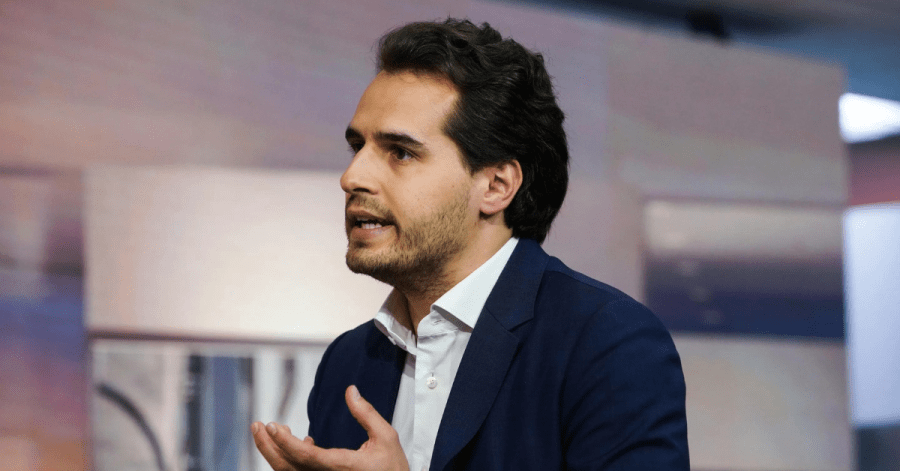- After paying $45M in penalties to settle charges from the U.S. Securities and Exchange Commission (SEC) and state regulators for failing to register its crypto asset lending product, Nexo reached a resolution with the US regulators.
- Nexo settled the charges without admitting wrongdoing that its Earn Interest Product (EIP) was an unregistered securities offering. The US. Federal Regulators do not contend that the crypto platform was involved in any fraud or misleading business practices. The settlement shuts all inquiries of US regulators into Nexo that have been ongoing since the company decided to stop offering its EIP in the US.
- With the settlement, Nexo agrees to cease the unregistered offering of its crypto asset lending product, known as Earn Interest Product (EIP).
The long-time inquiries into Nexo’s unregistered crypto lending offering
Nexo began to offer and sell its lending product in the US in 2020. The EIP allowed US crypto investors to give their crypto assets to the company in exchange for Nexo’s promise to pay them interest. SEC’s order states that Nexo marketed the EIP as a means for investors to earn interest and that Nexo “exercised its discretion” to their crypto assets in various ways to generate income for its own business. According to the US agency, the offer and the sale of Nexo’s EIP qualified as a security that the company had failed to register properly.
After the SEC charged another crypto platform with a similar model as Nexo, BlockFi, with $100M for failing to register the offers and sales of its retail crypto lending products in February 2022, Nexo voluntarily stopped offering its lending product to new US investors and ceased paying interest on new funds added to existing accounts.
In its announcement, the SEC stated that Nexo had promptly undertaken “remedial acts” by voluntarily exiting from the US market and agreeing to pay a penalty, payable over a 12-month period. The company agreed to pay a $22.5M penalty to the SEC and another $22.5M in fines to state regulators. In addition to the monetary penalty, the agreement includes a five-year ban on Nexo’s offering and selling of securities (its lending product) in New York.
Following this, Nexo reaches a resolution with the SEC, the North American Securities Administrators Association (NASAA), the Attorney General of New York, the Texas Department of Banking, the Washington Consumers Services Division, and the Alaska Division of Banking and Securities
“We are extremely satisfied with this comprehensive and final decision which unequivocally puts an end to all speculative claims regarding Nexo’s relationship with regulatory authorities and institutions in the United States. Unfortunately, Bulgarian state authorities and institutions continue to abuse our name, making clumsy suggestions that their operation is part of an international investigation at the request of ‘Euro-Atlantic partners’, Antoni Trenchev, co-founder of Nexo, shares in a press release.
The EU Agency for Criminal Justice Cooperation (EUROJUST) gave official confirmation that Europol’s actions against the call centers selling fake crypto in Bulgaria, Serbia, and Cyprus are not related to Nexo. The company shared a screenshot of official correspondence with EUROJUST confirming that the Bulgarian investigation is not part of an international operation.
What does this mean for the Bulgarian investigation?
Following Nexo’s resolution with the US authorities, it seems that the actions of the Bulgarian Prosecutor’s office were not the result of a coordinated action with international partners. In addition, Nexo’s disputes with US regulators appear to be administrative rather than criminal in nature. The US legal actions concern an unregulated offering of a product, there are no allegations of money laundering and tax fraud as cited by the Bulgarian authorities. It remains to be seen what kind of evidence will The Bulgarian Prosecution Office present to the court to justify the allegations.
Trenchev suggests that the organizers of the raids in the Bulgarian offices of Nexo achieved most of their own political goals. “Responsibility for all the damages will be sought from the people who participated in these unsuccessful attempts to kill a growing business, as well as their supporters,” he adds.







